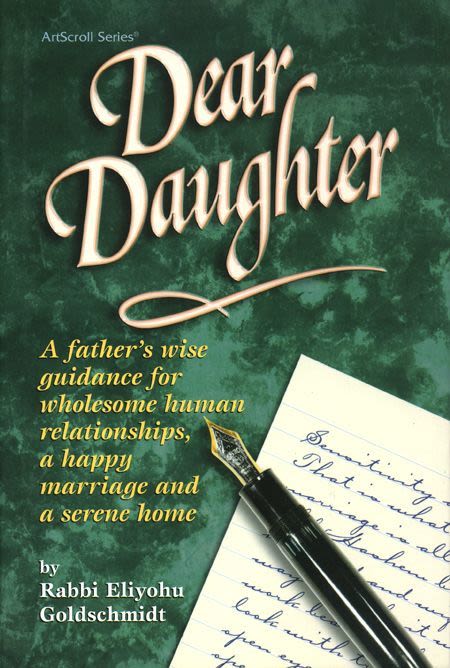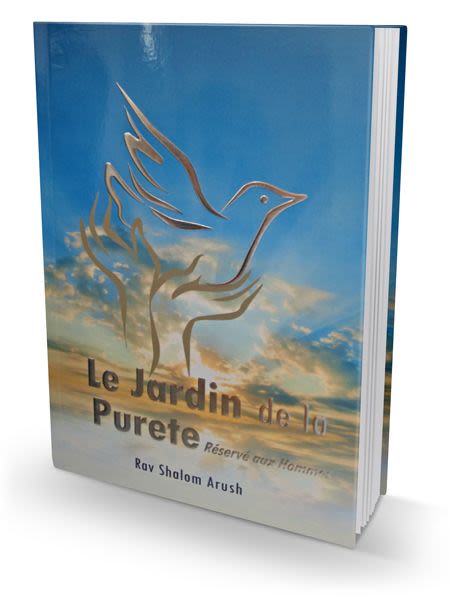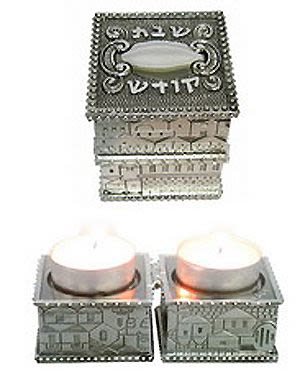
Debunk the Myths
Living in a secular world, we tend to make decisions based upon the many secular ideologies that penetrate our conscious and sub-conscious minds…

Life is all about choices. Nothing really changes unless we do. Living in a secular world where G-dliness is often not a daily practice, we tend to make decisions based upon the many secular ideologies that have been deposited into our conscious and sub-conscious minds. Itemizing some of them helps to extract them from our thinking, understand them for what they are, and revise them accordingly. When we realize that we are operating from faulty logic by following what we’ve become accustomed to hearing, it helps to follow our own inner guidance. Then we can commit to making choices and acting in accordance with Divine truth.
Be true to yourself: When we think of self, we think of ego—what we enjoy, what gives us immediate pleasure, what satisfies our needs at the moment. So if we desire to eat a carb-laden breakfast because it speaks to our taste buds, we are being true to ourselves. If we feel like sleeping an extra fifteen minutes, to be true to ourselves, we do it even if the impulse will cause us to rush so as not to be late for school or work, The way we can alter this ideology is to re-work it to read, “Be true to your values.” Our values represent what we stand for, what we strive to live up to, and what define us. If we value being on time, then we forego the fifteen minutes of extra sleep and do some positive self-talk so that we promptly start our day. We can also pray to Hashem to be able to “get up like a lion”.
Follow your heart: The heart is the center of emotion. It is impulsive, fickle, and changeable. When we follow our heart, we operate from a sensory perspective that cannot always be trusted. What we see, hear, taste , smell, and touch that looks and feels good, we often wrongly believe is good. The Torah teaches us to rely upon our sechel—our intellect —and upon Divine teachings that help us rise above the logical so we do not follow after our heart and our eyes by which we can easily go astray. Clarity is achieved when what we know to be true in our brain reaches our heart so that we love practicing and doing what is right and responsible.
, smell, and touch that looks and feels good, we often wrongly believe is good. The Torah teaches us to rely upon our sechel—our intellect —and upon Divine teachings that help us rise above the logical so we do not follow after our heart and our eyes by which we can easily go astray. Clarity is achieved when what we know to be true in our brain reaches our heart so that we love practicing and doing what is right and responsible.
All good things must come to an end. When we study the teachings of Rebbe Nachman and learn to apply emuna in our lives, we come to realize that everything that happens to us is for our best and for a purpose. In short, everything is good depending upon our perspective, and our understanding that life is about growth, and growth is good although we may feel a bit uncomfortable in the process. Good things segue into new and better things as we grow in our appreciation of the process and of what is truly good. Life itself does not end; it transitions. So to think of good things as ending is to succumb to sadness and a misdirected conception of the meaning of life and where we are headed.
It takes two to tango: In any given relationship we will find areas in which we differ with the other person. We will not necessarily be on the same page in every aspect of our lives. It is how we approach our differences that matters. When one person in the relationship realizes that changing others is not an option and that s(he) must try to trigger only a positive response rather than a reactive one from the other person, then this one enlightened individual, having decided that the relationship is what counts, has chosen empathy over being right. That is the Jewish way. The way we act and the way we treat ourselves in the presence of another teaches the other person how to treat us.
We teach others how to treat us by the way we respond and behave. When we are in control of our emotions, act with integrity, and are careful not to offend the other person, we have chosen the relationship over being right. Assuming the absence of abuse, it just takes one person, who emphasizes the sanctity of the relationship, to be the role model and help to sustain it in a positive direction. Then, most frequently, the other person responds to the changes that take place within the relationship. It just takes one to turn it all around. Then it no longer is 50-50. It becomes 100% giving for both.
Absence Makes the Heart Grow Fonder: The heart may grow fonder in longing for reunification with someone when that person is away for a relatively short period of time. However, when the time apart exceeds what is reasonable to the person involved, the absence produces estrangement and ultimately disconnection. This is particularly true when it comes to the Creator—the Almighty—Hashem. When He has not been welcomed into our lives when raising our precious children, the absence creates a separation that requires healing and a good deal of soul work.
Sticks and stones may break my bones, but words will never hurt me: I was told this philosophy repeatedly growing up, but, as I later learned, it runs counter to the Jewish way. Judaism teaches that words have the power to hurt or heal, but not just in the emotional sense. Words are so powerful that a tirade of angry rants can manifest physically into axes, knives, and other lethal weapons. The energy of the intention can play out in real terms, and since the Jewish people are connected spiritually, what one says can affect another Jewish person who lives miles away. That is the danger of hurtful, abusive, or slanderous words, true or otherwise. On the flip side, empathetic words of consolation and compassion have the power to heal. Negative words can leave scars that can go deeper and inflict more pain than a physical wound. For this reason, we have a mouth and teeth to remind the tongue to be careful what it speaks.












Tell us what you think!
Thank you for your comment!
It will be published after approval by the Editor.